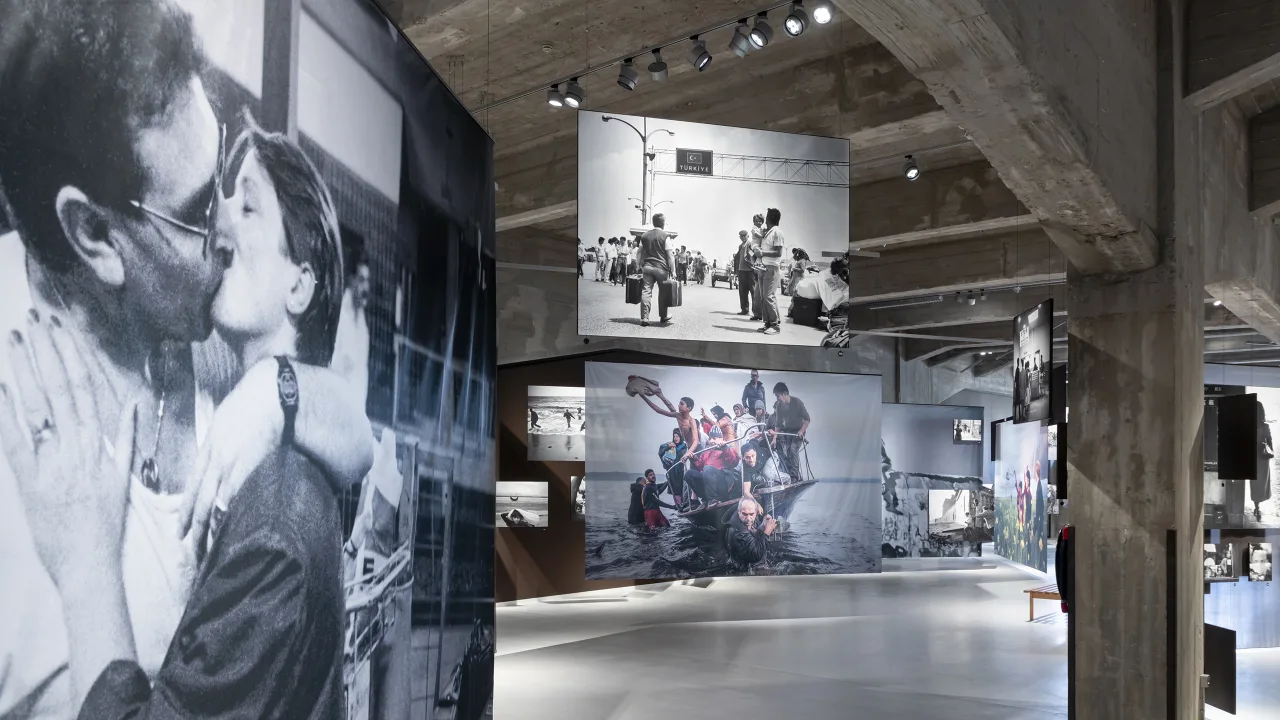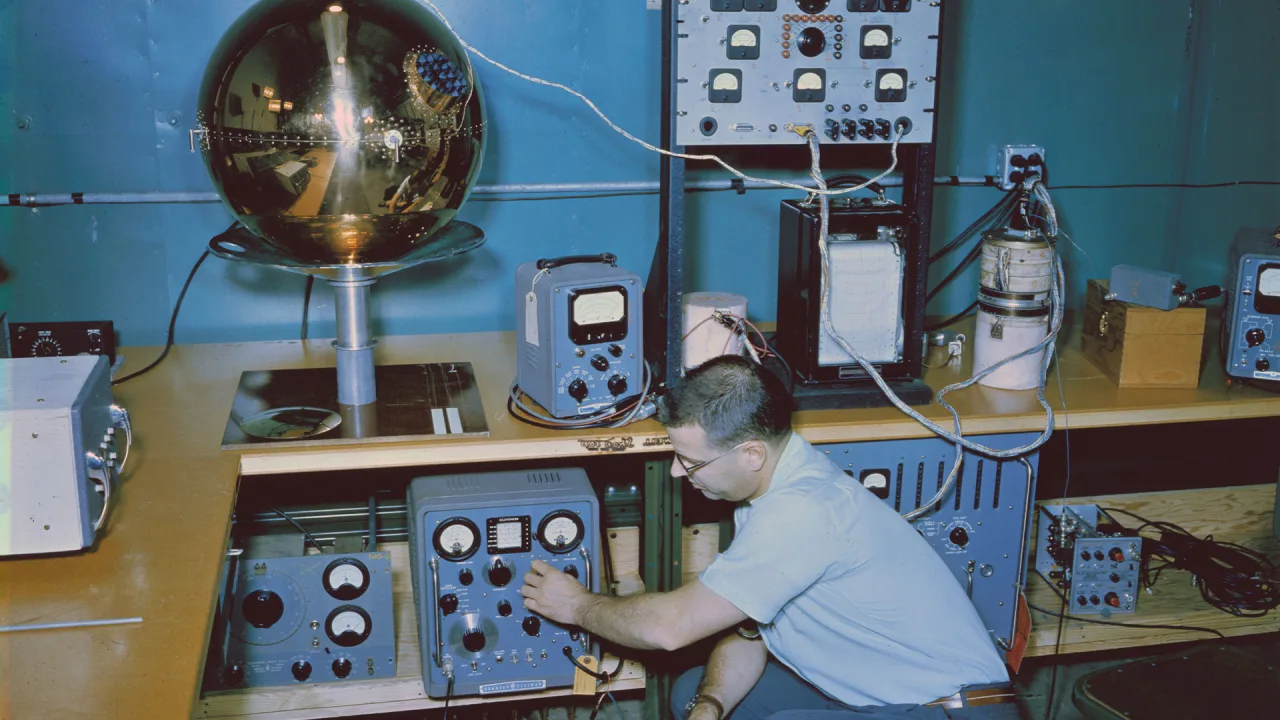Why you shouldn’t ‘Follow your dreams’
“Follow your dreams.”It’s the first piece of advice most of us are ever given: as kids in the classroom, as students on campus, as graduates preparing to enter the workforce, and as working adults. We are told that jobs are for pursuing passions, not just paychecks. If we do what we love, money and success will follow. If we love what we do, we’ll never work a day in our lives. And the corollary to all that dreaminess? If we don’t find employment doing whatever we find most fulfilling, we’re somehow failures. We don’t have to follow our dreams to end up with our dream jobs. In fact, I’d argue the opposite. When it comes to careers, “follow your dreams” can be nightmare advice. That’s because most of us enter the working world without knowing what those dreams are.Instead, I’d suggest it’s better to follow your opportunities. A culture of dreams We might think we know what our dreams are. We might even feel certain of them. After all, Americans are spoon-fed a diet high in dreams. They’re the cornerstone of our cultural canon, the basis of fairy tales, superhero stories, and countless Disney and DreamWorks movies. And they aren’t just relegated to fiction and fantasy. Phrases like “I’m living the dream,” “It’s a dream come true,” “The man (or woman) of my dreams,” and “Beyond my wildest dreams” are part of our lexicon. Athletes say these words in post-game interviews after winning big and making it to the finals. Actors repeat them in acceptance speeches as they clutch a shiny statuette. Even contestants on dating shows utter them after receiving a rose and surviving for another week. From our youngest years, we are asked about our career dreams: “What do you want to be when you grow up?” Obviously, we have no experience at being anything other than a kid. So why not aspire to be a pro athlete or a pop star? A grab bag of options As we get older and prepare to enter the workplace, some of us still hold on to our childhood or teenage dreams, or we find new ones. Certainly, we are more mature and thoughtful at age twenty-two than we were at age five or fifteen. The sources influencing us are likely to be more logical: our favorite course in college, the recruiter we talked to at an on-campus career fair, or a summer internship that stimulated us intellectually or socially. But like our younger selves, we’re still picking from a grab bag of options largely chosen for us by others or offered from limited experiences. Even if we have a better understanding of what work is, our understanding of who we are is still limited. Consequently, most of us don’t have a clear idea of what we truly want to be when we grow up—especially not at the start of our careers. And that’s a cause for celebration! The point of living is to learn as we go (and grow). That should be the point of working, too: to try new things, to meet different people, to understand ourselves better—what we like and what we can’t stand, what excites us and what bores us, what fills us with joy on a Monday morning and what fills us with dread on a Sunday night. We spend a third of our lives on the job. It just makes sense that whatever we fantasized about doing while dozing off in Econ 101 probably isn’t what we’ll want to be doing thirty years later. But instead of understanding how lucky this makes us, how much freedom we have, all too often we just feel lost. Because we’ve been taught to find direction in our dreams—that they should be like a North Star to guide us. We may feel envious of people who seem to have a fixed dream to follow to help them on their way. Missed opportunities Here’s the thing: Professional dreams can be incredibly limiting. When we enter the workplace convinced that we already know what we want to do—and are committed to doing it at all costs—what we’re saying, in essence, is that there’s nothing left for us to learn or be curious about, nothing that could change our minds, nothing else that would make us happier or more fulfilled. We’re saying that even though our careers are only just beginning, we already know what we want out of them. With that mindset, we risk sleepwalking through life and hitting snooze on a host of bigger, better opportunities that come our way, opportunities that we never could have dreamed up. Just like we can’t be what we can’t see, we can’t dream what we don’t know. So, at any one time, our wants and wishes for the future have a near-infinite number of blind spots. They include every industry we haven’t yet worked in, every company we haven’t yet encountered, and every job we haven’t tried doing ourselves. Unfamiliar territory The world of “I don’t know” is big and always getting bigger. New industries emerge all the time. New companies launch every day. The newer they are, the less likely we are to know about them. Even if we do, the more entrenched we are in our dreams, the less likely we are to want to step foot on unfamiliar territory. Instead, we live in th

“Follow your dreams.”
It’s the first piece of advice most of us are ever given: as kids in the classroom, as students on campus, as graduates preparing to enter the workforce, and as working adults. We are told that jobs are for pursuing passions, not just paychecks. If we do what we love, money and success will follow. If we love what we do, we’ll never work a day in our lives. And the corollary to all that dreaminess? If we don’t find employment doing whatever we find most fulfilling, we’re somehow failures.
We don’t have to follow our dreams to end up with our dream jobs. In fact, I’d argue the opposite. When it comes to careers, “follow your dreams” can be nightmare advice. That’s because most of us enter the working world without knowing what those dreams are.
Instead, I’d suggest it’s better to follow your opportunities.
A culture of dreams
We might think we know what our dreams are. We might even feel certain of them. After all, Americans are spoon-fed a diet high in dreams. They’re the cornerstone of our cultural canon, the basis of fairy tales, superhero stories, and countless Disney and DreamWorks movies. And they aren’t just relegated to fiction and fantasy. Phrases like “I’m living the dream,” “It’s a dream come true,” “The man (or woman) of my dreams,” and “Beyond my wildest dreams” are part of our lexicon. Athletes say these words in post-game interviews after winning big and making it to the finals. Actors repeat them in acceptance speeches as they clutch a shiny statuette. Even contestants on dating shows utter them after receiving a rose and surviving for another week.
From our youngest years, we are asked about our career dreams: “What do you want to be when you grow up?” Obviously, we have no experience at being anything other than a kid. So why not aspire to be a pro athlete or a pop star?
A grab bag of options
As we get older and prepare to enter the workplace, some of us still hold on to our childhood or teenage dreams, or we find new ones. Certainly, we are more mature and thoughtful at age twenty-two than we were at age five or fifteen. The sources influencing us are likely to be more logical: our favorite course in college, the recruiter we talked to at an on-campus career fair, or a summer internship that stimulated us intellectually or socially. But like our younger selves, we’re still picking from a grab bag of options largely chosen for us by others or offered from limited experiences.
Even if we have a better understanding of what work is, our understanding of who we are is still limited. Consequently, most of us don’t have a clear idea of what we truly want to be when we grow up—especially not at the start of our careers. And that’s a cause for celebration! The point of living is to learn as we go (and grow). That should be the point of working, too: to try new things, to meet different people, to understand ourselves better—what we like and what we can’t stand, what excites us and what bores us, what fills us with joy on a Monday morning and what fills us with dread on a Sunday night. We spend a third of our lives on the job. It just makes sense that whatever we fantasized about doing while dozing off in Econ 101 probably isn’t what we’ll want to be doing thirty years later.
But instead of understanding how lucky this makes us, how much freedom we have, all too often we just feel lost. Because we’ve been taught to find direction in our dreams—that they should be like a North Star to guide us. We may feel envious of people who seem to have a fixed dream to follow to help them on their way.
Missed opportunities
Here’s the thing: Professional dreams can be incredibly limiting. When we enter the workplace convinced that we already know what we want to do—and are committed to doing it at all costs—what we’re saying, in essence, is that there’s nothing left for us to learn or be curious about, nothing that could change our minds, nothing else that would make us happier or more fulfilled. We’re saying that even though our careers are only just beginning, we already know what we want out of them. With that mindset, we risk sleepwalking through life and hitting snooze on a host of bigger, better opportunities that come our way, opportunities that we never could have dreamed up.
Just like we can’t be what we can’t see, we can’t dream what we don’t know. So, at any one time, our wants and wishes for the future have a near-infinite number of blind spots. They include every industry we haven’t yet worked in, every company we haven’t yet encountered, and every job we haven’t tried doing ourselves.
Unfamiliar territory
The world of “I don’t know” is big and always getting bigger. New industries emerge all the time. New companies launch every day. The newer they are, the less likely we are to know about them. Even if we do, the more entrenched we are in our dreams, the less likely we are to want to step foot on unfamiliar territory. Instead, we live in the comfort of a decision we made years ago. But what feels like a seatbelt keeping us secure can also be a trap confining us.
Those of us who aren’t committed to a specific dream, on the other hand, have the opportunity to follow new opportunities. Where the dreamers close themselves off, the non-dreamers stay open. Our culture likes to think of them—of us—as lost, but the best way to make one’s way has always been to stay alert and be willing to turn left, right, or back to try a new route when necessary. We can’t do that when our eyes are closed and we are dreaming about something else.
Possessing dreams versus allowing them to possess us
Does that mean we should discard dreams wholesale? Of course not. There’s nothing wrong with having them and holding on to them, even when they seem unlikely, and the odds are stacked against them coming true. Dreams can motivate us, guide us, and serve as reminders of what’s most important to us. And achieving them feels great in a way that’s hard to top.
But there’s a difference between possessing dreams and allowing dreams to possess us. There’s a difference between keeping a dream alive while remaining open to other opportunities and closing ourselves off to everything other than our capital-D dream. All of us—and all our careers—would be better off if we did way more of the former and way less of the latter. Life’s most exciting and least expected adventures are found when we refuse to be restricted and restrained by what we’ve previously imagined.
Maybe the random opportunity we say yes to gets us nowhere. Or maybe we’re great at it. Maybe it makes us truly happy. Maybe it ends up exceeding our wildest dreams. Maybe it becomes our wildest dream. Only now, unlike our childhood fantasies, we’ll be equipped with a real understanding of what it entails, what it requires of us, and whether we’re up for it—which makes it a whole lot more likely to become our reality and, quite literally, a dream come true.
Excerpted with permission from 15 Lies Women Are Told at Work. Copyright @ 2025 by Bonnie Hammer. Reproduced by permission of Simon Element, an imprint of Simon & Schuster. All rights reserved.








































































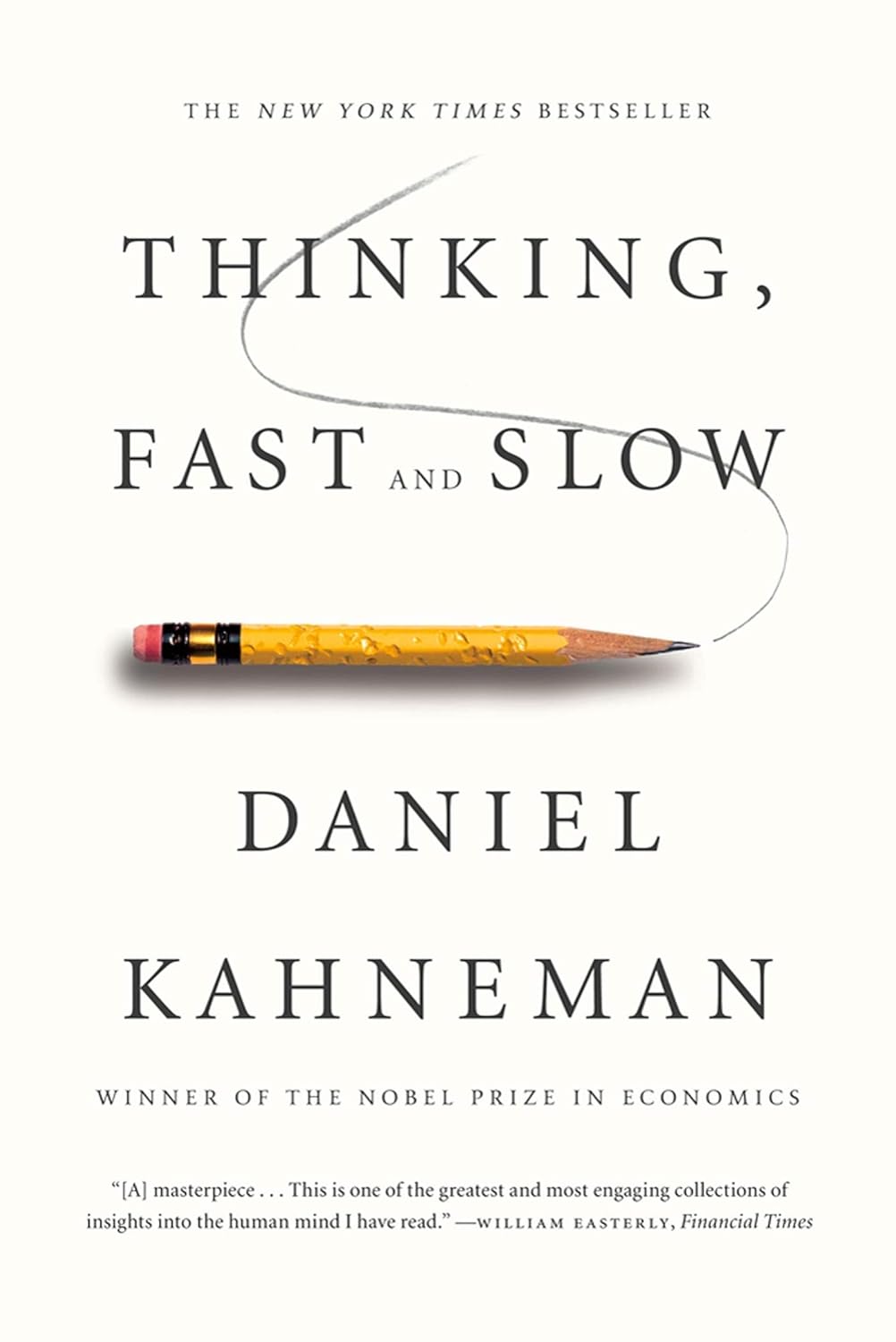









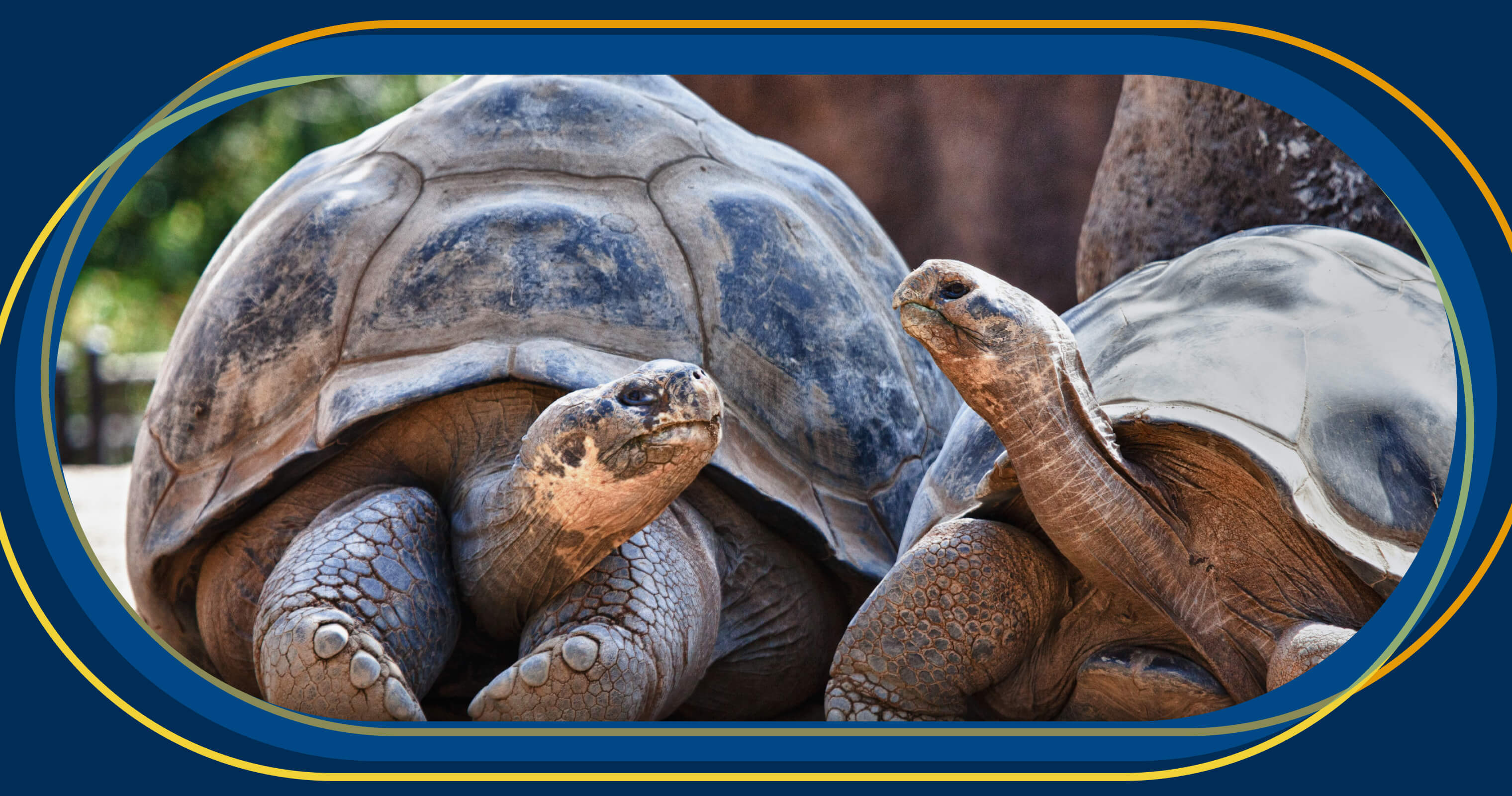








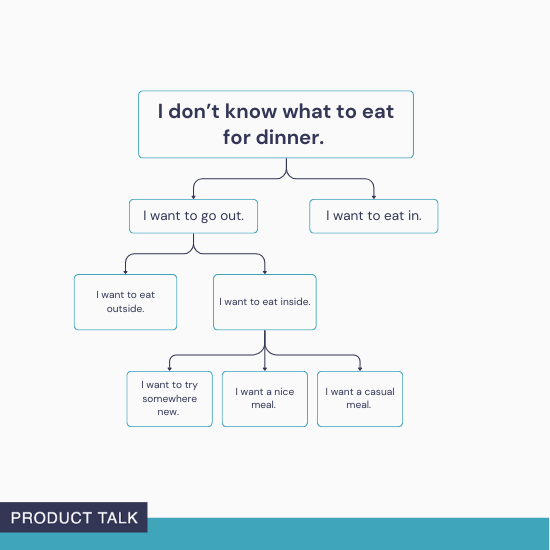

















![Building A Digital PR Strategy: 10 Essential Steps for Beginners [With Examples]](https://buzzsumo.com/wp-content/uploads/2023/09/Building-A-Digital-PR-Strategy-10-Essential-Steps-for-Beginners-With-Examples-bblog-masthead.jpg)













































